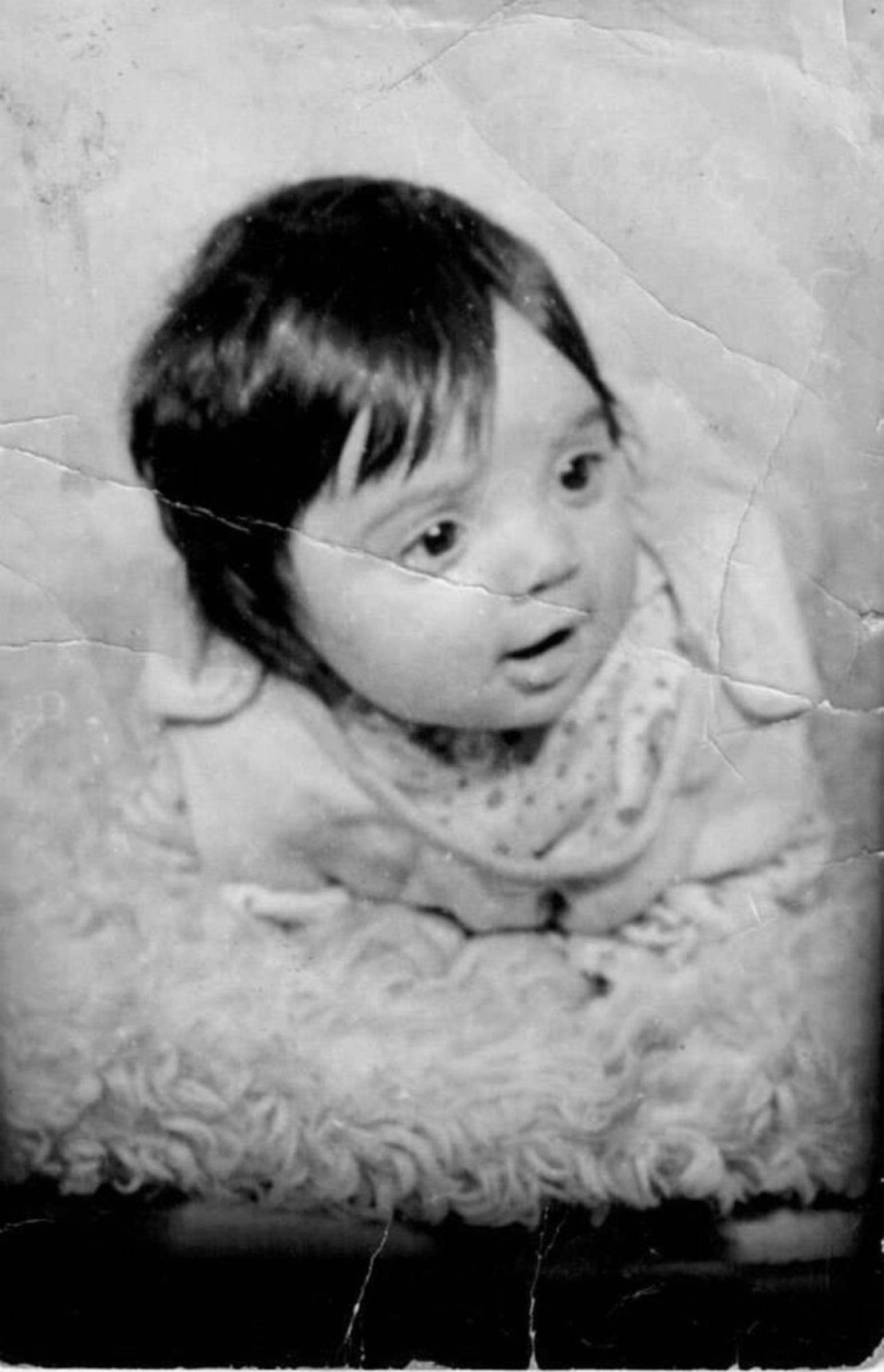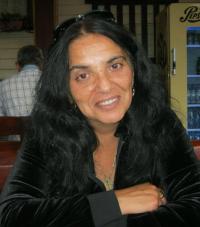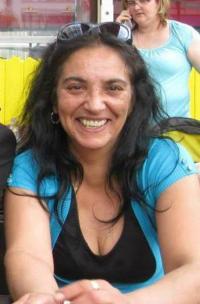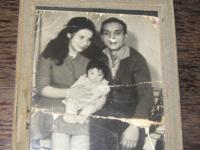Ever since I was young, I have helped the Roma, trying to change their situation
Emílie Horáčková was born in 1964 in Prague. Her father was a Czech Roma and a concentration camp survivor. In 1968, he left the country and Emília failed to get in touch with him since. Her mother, a Slovak Roma, got married again to a Vlax Roma man with whom she had more children. Emílie grew up in the family of her uncle. Soon, she became independent and started her own family. She gave birth to a daughter when she was sixteen and to a son two years later. Shortly afterwards she and her family were provided a flat at Arbesovo náměstí in Prague and she began working as a cleaning lady. Due to the increased frequency of extremist attacks, in 1996 she moved from Prague to Mimoň. As an adult she studied at Charles University to become a social worker. For twelve years, she had worked in People in Need as a field social worker in Mimoň. She ran for Parliament at the Green Party ballot. She is a member of the Roma women association Manusha. She lives in Mimoň.




